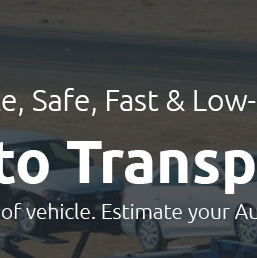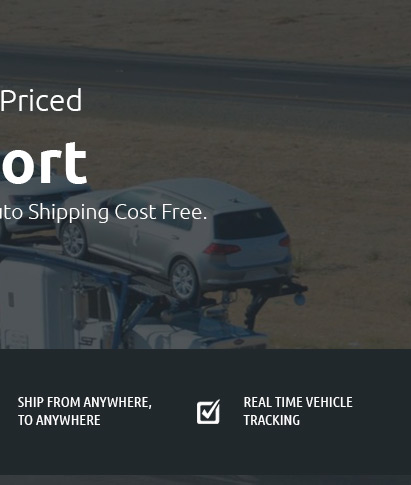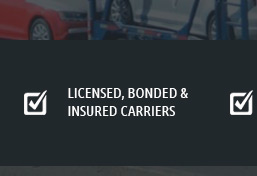 |
|
||||
 |
 |
 |
 |
||
 |
 |
|||||
 |
 |
 |
 |
 |
 |
 |
||
 |
 |
 |
 |
 |
 |
 |
 |
 |
 |
 |
|
 |
How Can I Ship a Car to Another State?Shipping a car across state lines might initially seem like a daunting task, but with the right guidance, it can transform into a manageable and even seamless process. Whether you're moving for a new job, purchasing a vehicle from a distant seller, or simply embarking on a long-term adventure, understanding your options and the nuances involved in car shipping is essential. This guide aims to navigate the frequently asked questions surrounding this endeavor, offering insights and considerations that could make your experience less stressful and more efficient. To begin with, it's crucial to assess your specific needs and circumstances. Consider factors such as the distance of the move, the time frame in which you need the car to arrive, your budget, and the type of vehicle you are shipping. Each of these elements plays a significant role in determining the most suitable shipping method for you.
Once you've weighed these options, researching and selecting a reputable auto transport company becomes your next step. Look for companies with positive reviews, transparent pricing, and strong customer service records. Obtaining multiple quotes can provide a clearer picture of the market rates and help you identify any red flags associated with pricing that seems too good to be true. It's equally important to prepare your car for shipping. This includes cleaning your vehicle, removing personal belongings, and ensuring the car is in good working condition. Documenting the car's current state through photos can protect you in the unlikely event of damage during transit. Finally, understanding the terms of the shipping contract is vital. Pay close attention to details such as insurance coverage, cancellation policies, and estimated delivery times. A well-informed decision can save you from potential headaches down the road. In conclusion, while shipping a car to another state involves numerous considerations, breaking down the process into these manageable steps can ease the stress. By evaluating your options, choosing the right service, and preparing adequately, you can ensure your vehicle's safe and timely arrival at its new home. As with any major logistical undertaking, a little foresight and due diligence go a long way in ensuring a smooth and successful car shipping experience. https://www.uhaul.com/Tips/Towing/How-To-Transport-A-Car-To-Another-State-30533/
This guide will explore the most popular ways people transport their vehicles over long distances, helping you choose the option that best suits your needs. https://www.quora.com/What-type-of-paperwork-do-I-need-to-ship-my-vehicle
Hello, if you're doing a local or out of state shipment, no paperwork is usually required. Vehicle should be empty of all contents when shipping ... https://www.allied.com/moving-resources/tips/how-to-ship-car-to-another-state
There are plenty of ways to ship a car to another state, so you can find one that works for you, regardless of your needs and your budget.
|
